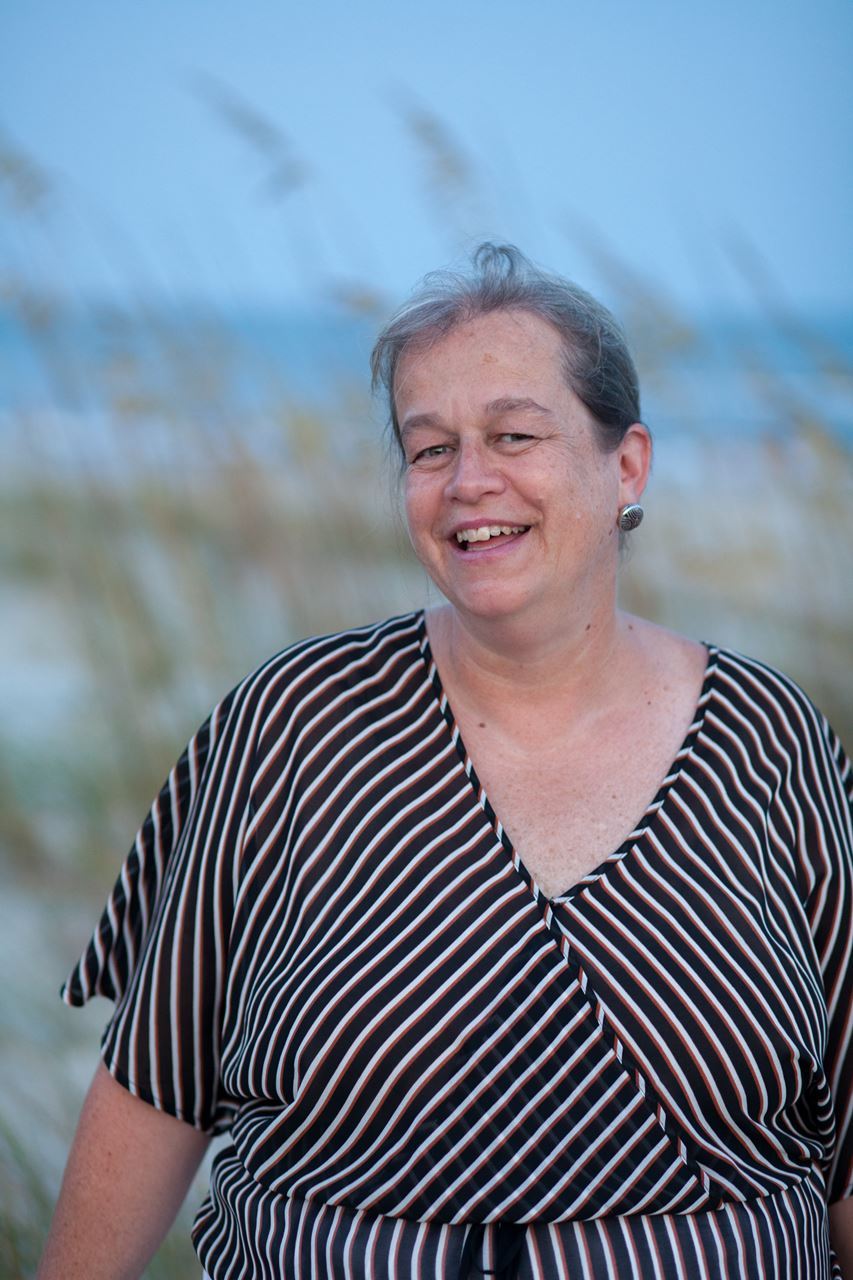By Julie Hedgepeth Williams
Samford University recently decided professors should teach freshman English based on their own field of research. Therefore I get to teach freshman English as media history. Huzzah! I take students to the archives, where they study media of various eras, then write and speak about their findings.
I started the semester with a poem from 1770 :
A Newspaper is like a feast,
Some dish there is for every guest;
Some large, some small, some strong, some tender,
For every stomach, stout or slender;
Those who roast beef and ale delight in,
Are pleased with trumpets, drums and fighting;
For those who are more puny made,
Are arts and sciences, and trade;
For fanciful and amorous blood,
We have soft poetic food;
For witty and satiric folks,
High-seasoned, acid, bitter jokes;
And when we strive to please the mob,
A jest, a quarrel, or a job.
If any gentleman wants a wife,
(A partner, as ‘tis termed, for life)
An advertisement does the thing,
And quickly brings the pretty thing.
If you want health, consult our pages,
You shall be well, and live for ages….
Our services you can’t express,
The good we do you hardly guess;
There’s not a want of human kind,
But we a remedy can find.
At semester’s end, I asked students how the poem had come true over the semester. Following is a sample of answers:
- Newspapers are foreign to me and my generation! It was a cool experience that allowed me to look through another form of media that is not social.”
- Who knew food could be compared to newspapers in such a way that it works? Cars and car advertisements are my “dish,” but that doesn’t mean that I didn’t learn to enjoy other “dishes” as well. One topic that I found fascinating was horses in the colonial era. The more “missing horse” ads I read, the more I understood horses were not just livestock, they were also transportation and a financial investment.
- I felt like I was live on the battle scene during a British takeover of an American settlement during the Revolution. I felt the wrath of Britain and the fear and hatred that America had for them. There is definitely something to be said about reading original accounts of events.
- It was sad to see how black people were sold for certain amount of money, as if they were animals. I remember one ad mentioned that if you found a missing pocketbook, they would give you in return a horse, along with a Black slave.
- “For witty and satiric folks” reminded me of a humorous article I saw on Woodrow Wilson’s grandchild. The article was about astrology and how, given his zodiac chart, this baby was going to be the new president.
- To my surprise there were numerous women on the 1950s covers of Sports Illustrated. However, authors wanted to conserve their femininity as much as possible. “An advertisement does the thing, And quickly brings the pretty thing” reflected the way Sports Illustrated always made it a point to describe women athletes as pretty and beguiling.
- Medicines were presented in newspapers throughout various eras. “If you want health, consult our pages” – or maybe don’t, considering that in early time periods, many of the medicines advertised contained mercury.
- After listening to all my classmates' speeches, I realized that newspapers contain so much information that we only see half of it.
- When someone says, “A Newspaper is like a feast,” they’re not entirely wrong. A newspaper includes something for everyone, ranging from political news, cartoons, advertisements, jokes, and even importantly boring articles. Everything I have read this semester has broadened my perspective of not only how news used to be communicated, but how much fake news is an issue today. This pandemic of fake news via the internet is concerning.
- Overall this class brought a new source to my writing arsenal. The next time I’m writing a paper, instead of clicking on just another internet article, I’m going to find a newspaper article that will give me an even better understanding of what I’m writing about.
Julie Hedgepeth Williams teaches part-time at Samford University, where she's delighted that her freshman English class can be taught as media history. She's also a part-time writer of popular history books which all started as AJHA papers. She won AJHA's Sidney Kobre Award for Lifetime Achievement in Journalism History in 2021.

